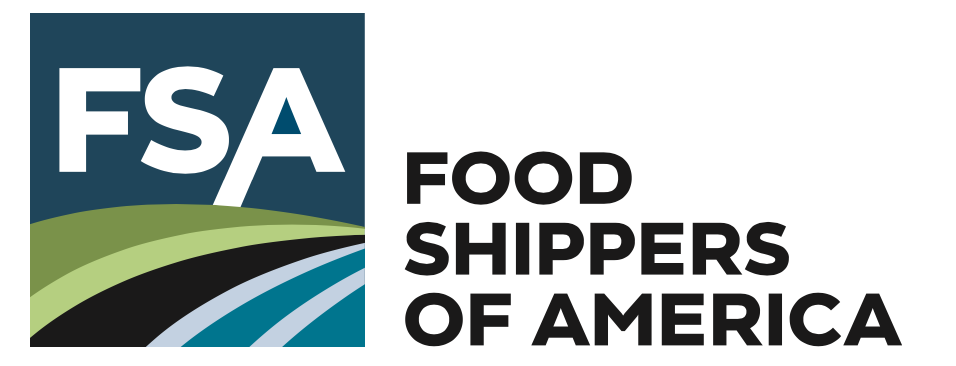The 90-Day Freight Fix That Saved $1.2M
by Loop | Sponsored Content, on Jun 5, 2025 10:56:53 AM

Clemens Food Group eliminated billing errors, linked documents across their network, and gained real-time control of their transportation spend—with no disruption and $1.2M in verified savings.
For Clemens Food Group, freight spend had become a black box.
That meant missed savings, growing compliance risk, and an operational load that was becoming impossible to manage.
As one of the largest pork processors in the U.S., Clemens operates a highly complex network across feed mills, farms, and four manufacturing facilities—moving more than 1.6 billion pounds of pork annually. But behind the scenes, their freight audit and pay (FAP) process was still manual, paper-based, and error-prone.
Every week, 500+ paper invoices were mailed in, opened by hand, compared against the system, and escalated to various departments for review. There was no unified dataset, no confidence in accuracy, and no visibility into spend patterns or savings opportunities.
 “There were many discrepancies to work through. This was a challenging task to manage," said Ed Zobel, Transportation Manager at Clemens Food Group.
“There were many discrepancies to work through. This was a challenging task to manage," said Ed Zobel, Transportation Manager at Clemens Food Group.
The Breaking Point
As Clemens’ was trying to scale, compliance concerns were mounting. And with a key Admin Assistant approaching retirement, the team was facing a major bandwidth crunch just as new facilities were coming online.
They didn’t just need a faster way to process invoices. They needed accuracy, automation, and control.
So, they partnered with Loop.
A New Standard for Transportation Spend Management
Loop is an AI-native transportation spend management platform that brings speed, precision, and visibility to transportation finance. For Clemens, Loop unlocked four game-changing capabilities:
1. Accurate, Linked Freight Data—Finally
Loop’s platform ingests every shipment-related document—regardless of mode or format—and links it into a unified record. That means carrier invoices, BOLs, rate tables, and accessorial charges are all matched and validated automatically, enabling penny-level accuracy with zero human keying.
This document-level linking gives Clemens a single source of truth–powering everything from carrier scorecards to network design. No more paper-chasing. No more reconciling disconnected systems. Just real-time insights that scale.
“Loop helped discover some big discrepancies, especially where some carriers were applying the incorrect fuel surcharge rate over the years," said Zobel.
2. Automated Audit + Exception Resolution
Before Loop, Clemens was living in a never ending exception nightmare. Every invoice raised a red flag—but no one had the tools or time to resolve the backlog. Loop changed that.
Fuel surcharge errors, duplicate invoices, rate misalignments—all automatically flagged, resolved, and documented with full traceability. Errors no longer piled up. They got eliminated.
"We performed well over our initial ROI in the first year. The team here enjoys Loop, it's been a savior. We really appreciate it and look forward to the next year", said Zobel.
3. Strategic Insights and Optimization
With normalized data across every shipment, Clemens could finally identify where specific facilities were driving up avoidable costs—like detention accessorials—and take action.
Loop gave them visibility into operational blind spots and the ability to make changes that improved service and reduced waste.
4. Custom policy management, built around your business rules—not ours.
Loop automates complex cost allocation based on your internal GL codes, facility structures, and accounting rules—ensuring every charge is mapped to the right cost center, without manual effort.
5. Fast Time to Value—with No Onboarding Pain
Loop got Clemens live in just over 90 days. No workflow overhauls. No heavy IT lift. Just a focused implementation that embedded automation, compliance, and visibility directly into their existing processes.
The Outcome: Real Savings, Real Speed
In just the first year with Loop, Clemens has already seen significant impact.
$1.2M+ in Cost Savings
- $1M+ in cost avoidance from preventing overcharges
- $124K in overcharges blocked across 22,000+ shipments
- $89K in undercharges identified and corrected
Faster, Leaner Operations
- 95% of invoices now process automatically, freeing the team to focus on growth— not sorting paperwork.
- Invoice approval time dropped from days to hours, accelerating month-end close
- No need to backfill a retiring team member, converting a staffing risk into a cost-saving win
- Data-Driven Collaboration
- Invoice issue rates dropped from 12% to under 1%, improving both cash flow and carrier trust
- Scorecards enabled stronger carrier compliance—without straining relationships
- Finance and transportation now work from the same data, eliminating misalignment and driving faster decisions
 “Loop is allowing us to have more collaborative relationships with transparency. We can have fact-based conversations with all stakeholders and keep conjecture out of it," said Ben Smith, VP of Transportation at Clemens.
“Loop is allowing us to have more collaborative relationships with transparency. We can have fact-based conversations with all stakeholders and keep conjecture out of it," said Ben Smith, VP of Transportation at Clemens.
What This Means for Food Shippers
Clemens didn’t rip out existing systems.
They didn’t expand their team.
They just got better data—and let that data go to work.
In 90 days, Clemens went from manual chaos to total control. Today, invoices are automated, errors are rare, and insights are improving everything from facility performance to pricing strategy. Loop delivered a 20x ROI and it’s just the beginning.
If your team is stuck chasing invoices, resolving disputes, or reconciling freight data that never quite adds up—this is your signal:
There’s a faster, smarter way to manage freight—and it’s already working for companies like yours.
Learn more about Clemens’ approach and explore similar case studies at www.loop.com.
Like this kind of content? Subscribe to our "Food For Thought" eNewsletter!
Now more than ever, professionals consume info on the go. Distributed twice monthly, our "Food For Thought" e-newsletter allows readers to stay informed about timely and relevant industry topics and FSA news whether they're in the office or on the road. Topics range from capacity, rates and supply chain disruption to multimodal transportation strategy, leveraging technology, and talent management and retention. Learn More



